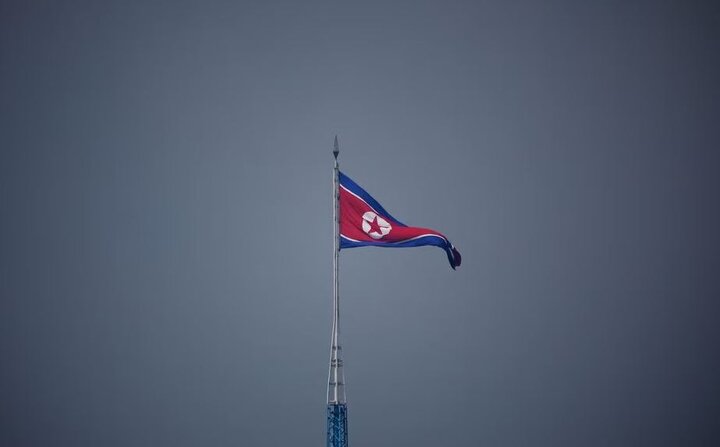
Pyongyang issued the stern warning early Monday through an unnamed spokesperson of the country’s Ministry of National Defense, who was quoted by the official Korean Central News Agency (KCNA) as saying.
The warning came after North Korean officials claimed that US reconnaissance planes had recently violated the country’s airspace near the east coast.
“Especially in the East Sea, US Air Force strategic reconnaissance aircraft violated the airspace of the Democratic People’s Republic of Korea by tens of kilometers several times,” the unnamed spokesperson said, using the official name of North Korea.
“There is no guarantee that a shocking incident where a US air force strategic reconnaissance plane is shot down over the East Sea will not happen,” the spokesperson added.
The statement also cited past cases in which the North has shot down or intercepted US aircraft at its border with South Korea and off its coast.
North Korea has frequently slammed the US for flying its surveillance aircraft near the peninsula.
The North’s official news agency also denounced the US for its recent move to dispatch a nuclear-powered submarine to waters near the Korean Peninsula.
The submarine arrived in the South Korean port city of Busan last month, marking the first time in nearly six years that a submarine classified as “SSGN,” or a cruise-missile submarine, had stopped off a port in South Korea.
In a statement on June 16, the US Joint Chiefs of Staff (JCS) announced that by calling the submarine to the port, Seoul and Washington intended to “test their special warfare capabilities and interoperability” to respond to what they called “the growing threats” from North Korea through joint warfare exercises.
Also last month, a US B-52 strategic bomber took part in aerial drills with South Korea.
The KCNA said the US’ introduction of its strategic nuclear assets to the Korean Peninsula amounted to “the most undisguised nuclear blackmail” against North Korea and other regional countries, adding that the move creates a situation that brings a nuclear conflict closer to reality and poses a grave threat to peace.
Pyongyang also held Washington responsible for any consequences that may arise from such moves.
“Whether the extreme situation, desired by nobody, is created or not on the Korean Peninsula depends on the future action of the US, and if any sudden situation happens…the US will be held totally accountable for it,” it said.
Pyongyang added that the move to sail nuclear submarines near the Korean Peninsula has created a “very dangerous situation that makes it impossible for us not to realistically accept the worst-case scenario of a nuclear confrontation.”
MNA/PR